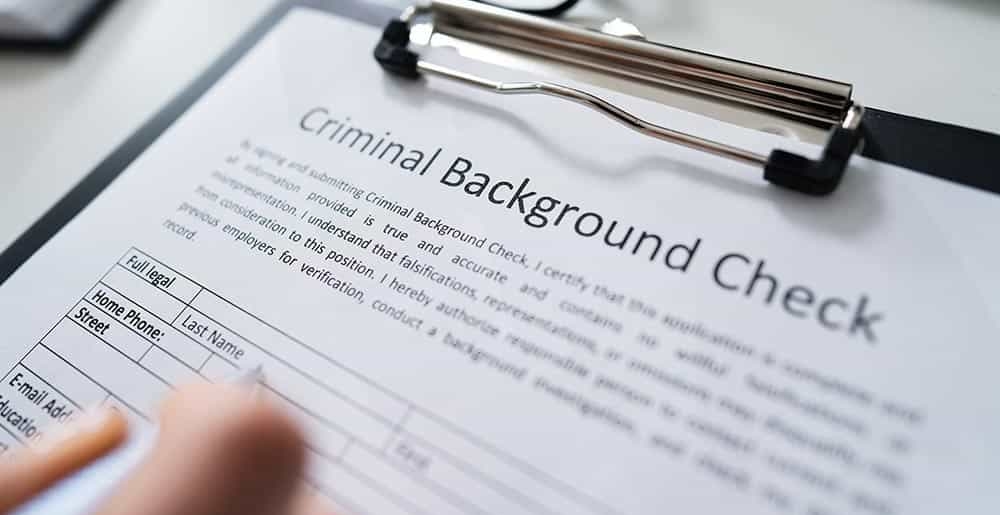What to Do When Your Job Application Requires a Background Check

Are you trying to find employment for a job that requires a background check? With a criminal background, it’s natural to feel some anxiety. Before walking away from an opportunity, take the time to understand what employers are looking for and what information is being generated when they pull a background check. Below you will learn about what’s included in an employment background check, why companies perform them, and tips on how you can prepare.
What is a background check, and why is it necessary?
Employers use routine background checks to verify a wide variety of information, gathered from private and public records. This is standard practice for many types of jobs, and the information employers are allowed to pull varies by state and city.
Common examples:
- Work authorization
- Driving record
- Education and employment history
- Criminal record
- Credit history
- Social media and online history
To see which laws apply in your area, visit the map on GoodHire, a helpful website dedicated to employment background checks.

What type of companies perform background checks?
It is standard practice for most employers, and even more likely if you are applying for a job that requires a professional license, handling of money, or caring for other people. Employment background checks are used to protect the company and the people they serve. If you are concerned how your past may impact your job search, it’s a good idea to request copies of your criminal records. If there is anything outstanding in the last ten years, visit the expungement website provided on our Getting Started page.
You may be asked questions during this interview process in regard to your criminal record, so it’s important to be prepared with answers. To help you navigate ways to talk about your past, visit our Interview Preparation page.
How to prepare for a background check
Get copies of your records—During the application process or once you are hired, employers will require certain records to validate who you are. These can include court documents, expungement records, pay stubs from past employers, tax forms, school diplomas, credit scores, driving records, and vocational certifications. Have these documents ready when applying for jobs.
Review your social media profiles—Today, employers rely on social media as a component of the hiring process. It’s important to review your online presence and make your accounts private if you believe there is anything that may hinder the hiring process.
Be honest—Many employers provide second chance opportunities to individuals who are committed to the reentry process and honest about their past. To prepare for an interview, visit our Common Questions page and practice your answers with another person.
Have references on hand—References are a great way to show employers more about your character and previous work history. Not every job will require references, but having them readily available can help support your work ethic and commitment.
Second chance opportunities
Today, background checks have become the standard in the hiring procedure, so it’s important to understand the process and understand how this applies to your criminal past. Fortunately, many companies are looking beyond a background check and are offering second chance opportunities to people who have been incarcerated. Through non-biased initiatives like The Fair Chance Pledge and Ban-the-Box, more and more employers are eliminating employment barriers. Visit our Second Chance Companies page to find industries and employers who hire employees with a criminal record.


